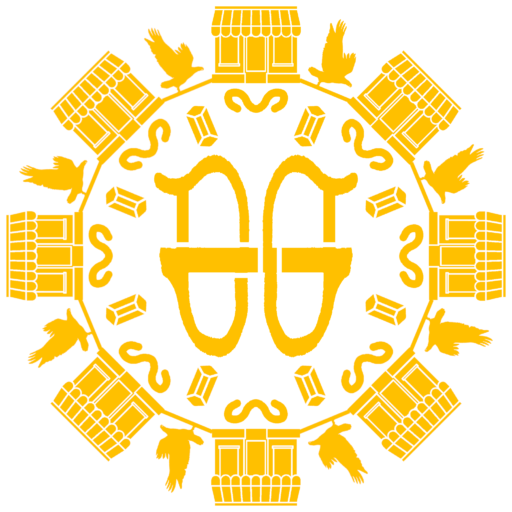It is important to note that many soldiers from all over the Roman Empire were sent to many other parts they were not native to. This applied to the colonization of Britain, for there are many altars scattered throughout Britain dedicated to gods from many places, such as Gaul, Egypt, Syria, and Persia, whether they were entirely indigenous gods or syncretized gods.
If that is the case, then this diverse array of soldiers may have also left behind a syncretized genetic mark upon the island. Specifically, there had been three men with the surname Revis, who had their DNA tested and discovered that it had a haplogroup not typical of British DNA.
However, it is also important to note that what we in American society think of as African and what the haplogroup shows. We usually narrow our gaze upon the African continent focusing only on the sub-Saharan parts, since African-Americans predominately trace their origin there. But, what the Romans thought of as African was completely different. They only knew of Africans as far as their empire reached. They would have been more familiar with Berbers, Copts, and Ethiopians as Africans. They would know this because there were prominent Berbers in Roman history, such as Ptolemy of Mauritania and Lusius Quietus.
As for that specific haplogroup that may indicate African origin, the Revis\’ DNA contains the Haplogroup A1a, which is most prominent in Eastern or Southern Africa. As such, there may have been Ethiopian soldiers in the Roman ranks, who eventually settled down and formed families of their own. However, as mentioned previously, the Romans also built altars dedicated to the gods worshiped in their parts of the empire. There have been no altars dedicated to any African gods, with the exception of Egypt, found thus far.
As for the relationship between the Roman Empire and the Kingdom of Aksum–modern-day Ethiopia–they were mainly trading partners. Specifically, the Kingdom of Aksum provided a trading route between the Roman Empire and the Indian subcontinent. However, it is not known if the Kingdom of Aksum sent soldiers or slaves to the Roman Empire.
The best possible guess is these new settlers were Egyptian, since there have been Egyptian gods worshiped in various parts of the Roman colony. However, Haplogroup A1a is not present in Egypt.
Though, the closest possibility comes from Moroccan Berber DNA, which suggests that 5% of it composes of the Haplogroup A1a. So it may have been possible that some of the Moroccan Berbers migrated from eastern Africa, though that is a theory at best, since Africans, like all people, tend to be migratory.
Although there is no guaranteed proof that there are African genes in the British island, though it does make one think about how much of an impact Roman colonization played in British history. What\’s more, it makes us also think about the history and genetics of Africa during the years of Roman hegemony.
Sources
- Ancient History Encyclopedia – Kingdom of Axum
- Bekerie, Ayele. The Rise of the Aksum Obelisk is the Rise of Ethiopian History. Cornell University. 2017.
- Cruciani F, Santolamazza P, Shen P, et al. (May 2002). \”A back migration from Asia to sub-Saharan Africa is supported by high-resolution analysis of human Y-chromosome haplotypes\”. Am. J. Hum. Genet. 70 (5): 1197–214.
- King, T.E.; Parkin, E.J.; Swinfield, G.; Cruciani, F.; Scozzari, R.; Rosa, A.; Lim, S.-K.; Xue, Y.; Tyler-Smith, C.; Jobling, M.A. (2007a). \”Africans in Yorkshire? The deepest-rooting clade of the Y phylogeny within an English genealogy\”. European Journal of Human Genetics. 15 (3): 288–293.
- Rankine, David and Sorita D’Este. The Isle of the Many Gods. Avalonia. 2007.
- Suetonius. The Lives of the Twelve Caesars. Loeb Classical Library (in Latin and English). Translated by Rolfe, John Carew. Heinemann. Caligula & Claudius.
- \”Trajan\’s War – Livius\”. www.livius.org.
